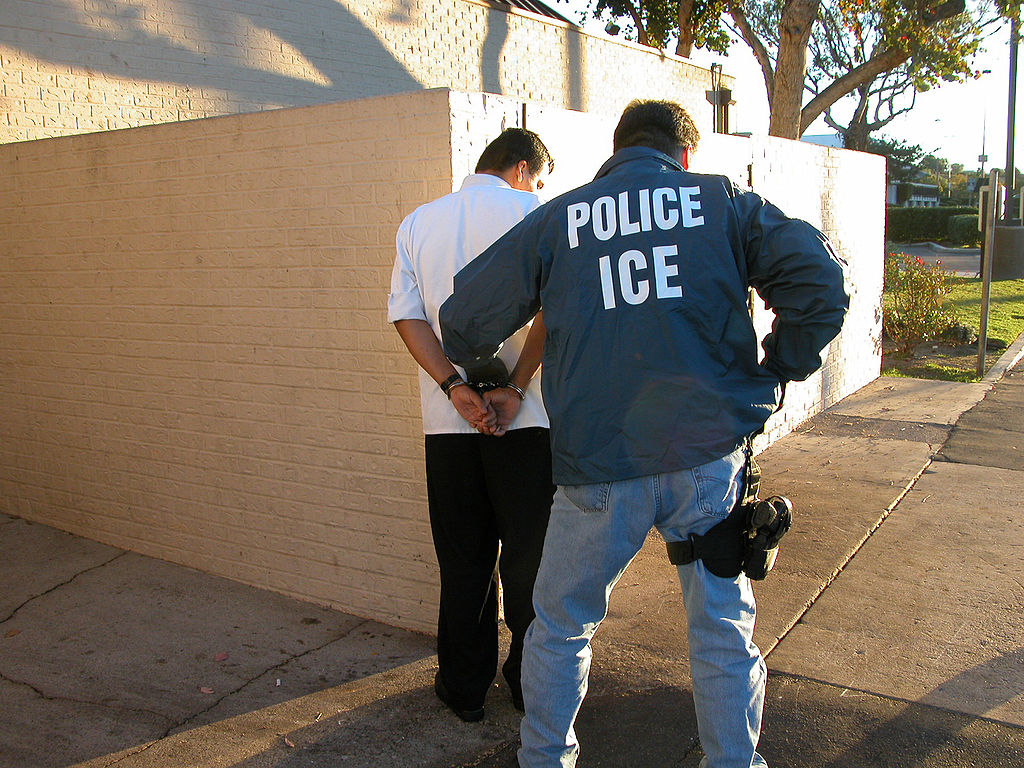 Parler
Parler Gab
Gab
- Pakistani authorities disabled national IDs and passports of thousands linked to 2023 political unrest, using geofencing to track protesters – highlighting the rise of digital surveillance.
- The crackdown followed violent protests after former PM Imran Khan's arrest, with NADRA blacklisting over 5,500 individuals via mobile data near protest sites, crippling their access to essential services.
- Officials claim legality but cite no specific laws, raising alarms over due process and the weaponization of digital ID systems in a country where documents are vital for daily life.
- Protesters faced military trials (condemned by rights groups), while passport officials admitted some were flagged merely for proximity to protests. Affected individuals remain stuck in bureaucratic limbo.
- Pakistan's centralized ID system, meant for efficiency, is now a surveillance tool. This mirrors global trends where digital governance clashes with civil liberties, especially where legal safeguards are weak.
Pakistani government prosecutes civilians in military courts
Following the riots, Islamabad responded aggressively, labeling the events a "Black Day." The Pakistani government also prosecuted civilians in military courts – an approach condemned by human rights groups. While some convictions were later pardoned, the broader crackdown has persisted – with geofencing data serving as the primary evidence for blacklisting. Legal challenges have mounted as affected individuals, including government employees and private workers, argue they were wrongly implicated. In Lahore High Court hearings, passport officials admitted that many were flagged solely for being near protest sites, even without direct involvement. Meanwhile, the Directorate General of Immigration and Passports distanced itself from the blacklisting process. According to the office, the Pakistani Ministry of Interior and Narcotics Control – its parent agency – holds sole authority over the Exit Control List and related sanctions. This leaves Pakistanis with expired passports in bureaucratic limbo, unable to renew them until their names are cleared. The situation highlights a global tension between digital governance and civil liberties. Pakistan's centralized ID system, initially designed to streamline services, has now become a tool for mass surveillance. (Related: FBI lied about cell phone geofencing data being corrupted in area where pipe bombs were planted at DNC, RNC in January 2021.) Historical parallels can be drawn to other nations where identity systems have been repurposed for political control, raising urgent questions about oversight and proportionality. As courts weigh individual appeals, the broader implications for democracy and privacy remain unresolved. For now, the blacklisting campaign stands as a stark example of how quickly digital infrastructure can be turned against citizens – especially in nations where legal safeguards are weak. Watch this clip of the Radio Pakistan building being set on fire during the May 9 riots. This video is from the APEX MENTALITY channel on Brighteon.com.More related stories:
Congress just turned America into your worst nightmare surveillance police state. U.K. government's new surveillance measures expand policies of the POLICE STATE. French government passes justice reform bill that vastly expands police surveillance powers. Sources include: ReclaimTheNet.org Tribune.com.pk Brighteon.com“The Heretic’s Guide to Global Finance”: A call to reimagine the financial system
By Belle Carter // Share
Supreme Court grants DOGE access to Social Security data, exempts it from FOIA disclosures
By Laura Harris // Share
A communist billionaire’s land grab shakes military security
By Willow Tohi // Share
LA rioters are defending VIOLENT CRIMINALS arrested by ICE
By Ramon Tomey // Share
Governments continue to obscure COVID-19 vaccine data amid rising concerns over excess deaths
By patricklewis // Share
Tech giant Microsoft backs EXTINCTION with its support of carbon capture programs
By ramontomeydw // Share
Germany to resume arms exports to Israel despite repeated ceasefire violations
By isabelle // Share










